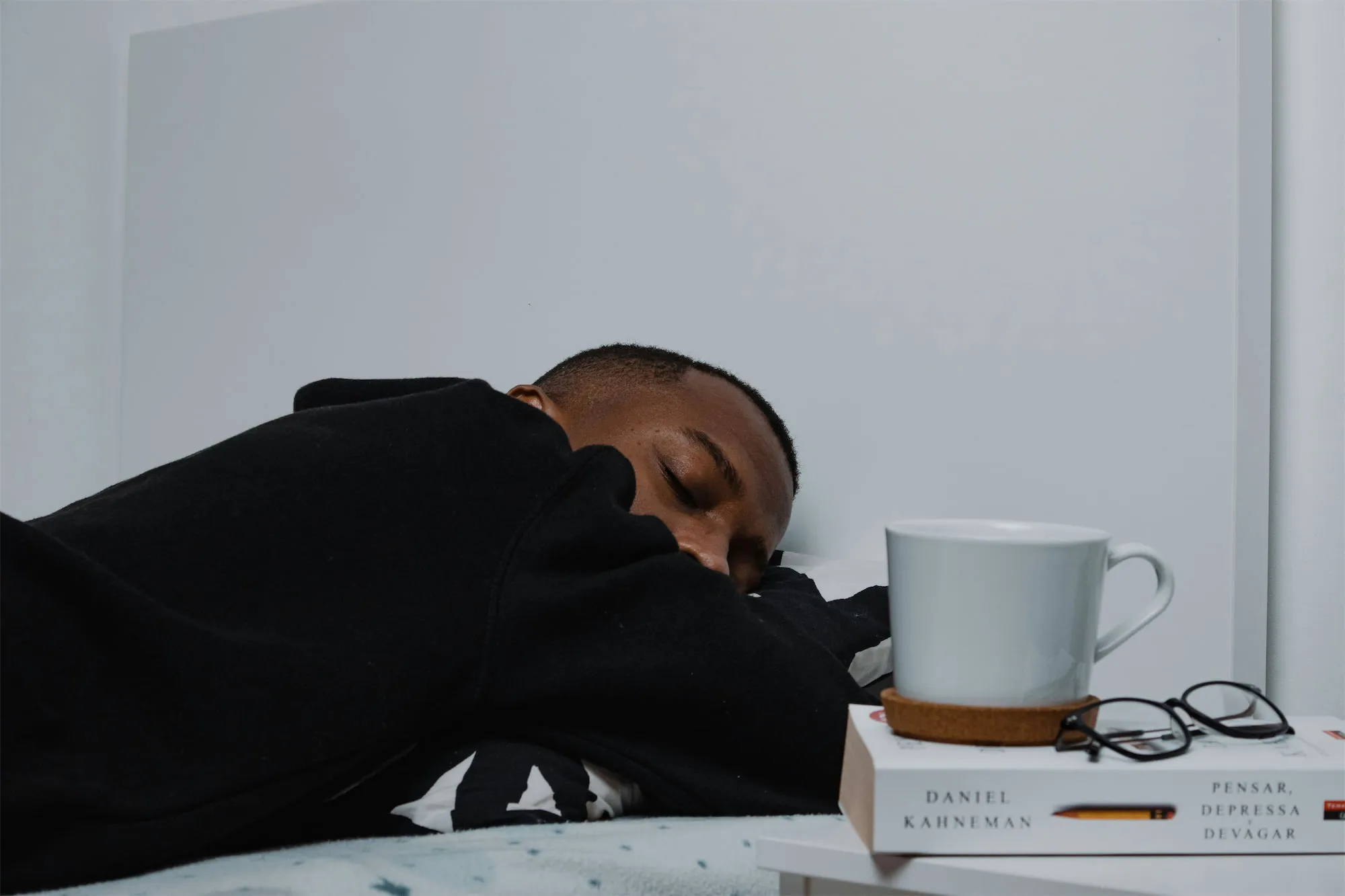While postpartum depression (PPD) is often associated with new mothers, it’s important to recognize that men, including Black fathers, can also experience this challenging condition. Here, we explore the causes, symptoms, and coping strategies for men facing PPD.
What is Postpartum Depression in Men?
Postpartum depression in men involves feelings of sadness, anxiety, or exhaustion after the birth of a child. Research indicates that 10% to 20% of new fathers experience these symptoms, often within the first few months postpartum.
Causes of Postpartum Depression in Men
- Hormonal Changes: Men can experience hormonal shifts similar to women, with changes in testosterone, oxytocin, and cortisol affecting mood.
- Sleep Deprivation: New parents often struggle with lack of sleep, exacerbating feelings of anxiety and sadness.
- Stress and Anxiety: The pressures of providing for a family and adapting to new responsibilities can be overwhelming. For Black fathers, systemic issues like financial stress and societal expectations can heighten these pressures.
- Feeling Unprepared: Many men may feel ill-equipped for the emotional and physical demands of parenthood.
- Social Isolation: New fathers often lack social support, increasing feelings of loneliness.
Unique Challenges for Black Fathers
Black fathers face additional societal pressures, including:
- Cultural Expectations: There may be pressure to appear strong and self-reliant, making it harder to seek help.
- Racial Disparities: Economic instability and discrimination can intensify the stressors contributing to PPD.
- Community Support: Stigma around mental health issues may deter some fathers from seeking the support they need.
Recognizing Symptoms
Common symptoms of PPD in men include:
- Persistent sadness or low mood
- Irritability or anger
- Withdrawal from social activities
- Difficulty concentrating
- Changes in sleep patterns or appetite
- Feelings of hopelessness
- Increased anxiety
Coping Strategies for New Fathers
- Talk About It: Sharing feelings with a partner, friend, or therapist can alleviate isolation.
- Seek Professional Help: Therapy can provide valuable coping strategies.
- Stay Connected: Engage with friends and parenting groups, especially those focused on the experiences of Black fathers.
- Prioritize Self-Care: Take time for personal interests to improve mood.
- Communicate with Your Partner: Open discussions can strengthen your relationship.
- Establish Routines: Creating a stable routine can enhance well-being.
Conclusion
Postpartum depression in men, particularly among Black fathers, is a serious issue that deserves attention. By acknowledging the emotional challenges new fathers face, we can foster a supportive environment for all parents. If you or someone you know is struggling, remember that help is available. Seeking support is a sign of strength, and taking care of your mental health is vital for both you and your baby. Together, we can break the stigma and promote healthier narratives around fatherhood.
Sources:




